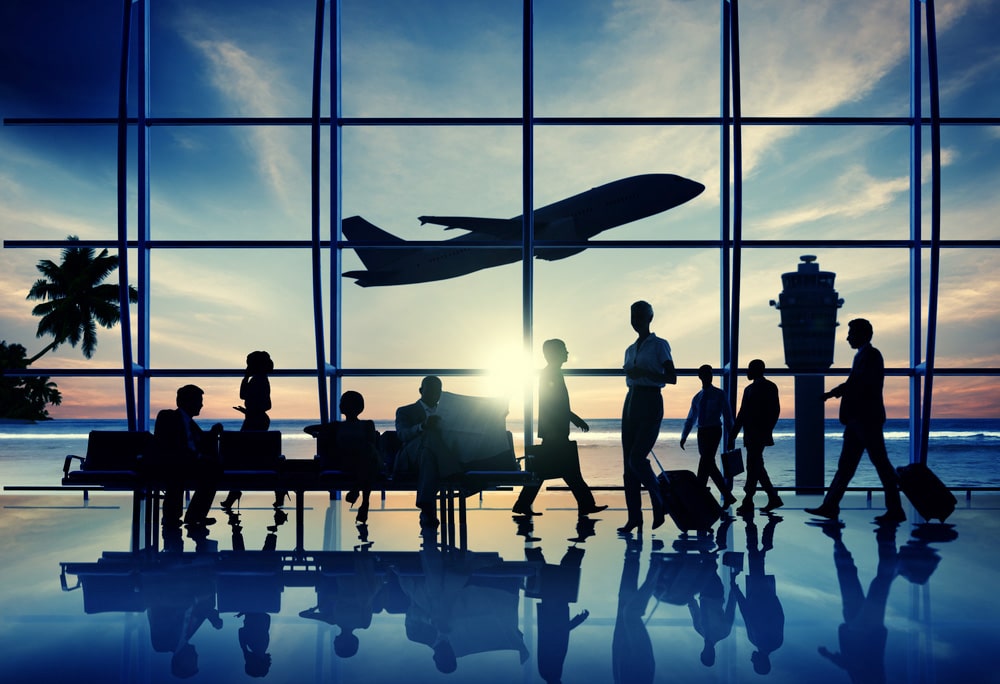As the global travel landscape gradually emerges from the shadow of the pandemic, Europe’s business air travel domain stands at a crossroads. Despite the lifting of restrictions more than a year ago, the trajectory of business travel on the Continent is far from its pre-pandemic vigor. This article delves into the lingering challenges that European airlines face in rekindling corporate travel, exploring the factors behind the sluggish recovery and shedding light on the evolving landscape of business travel in a post-pandemic world.
The Stagnation of Business Air Travel
In the realm of aviation, business travelers hold a distinct allure for airlines, commanding greater value compared to leisure passengers who plan their trips well in advance. The propensity of business travelers to make last-minute bookings often translates into higher revenues, even when opting for economy seats. Despite this potential, Europe’s major airlines are grappling with a disconcerting reality – the anticipated surge in last-minute business bookings remains conspicuously absent.
Struggles of Europe’s Aviation Giants
Even the giants of European aviation are not impervious to the challenges. The largest player, Deutsche Lufthansa, had initially projected a robust 90% rebound in corporate travel by this point in time. However, the actual recovery has plateaued at approximately 60% of the pre-pandemic levels, as reported by Bloomberg. British Airways and Air France are mirroring this trend, grappling with anemic corporate travel. The CEO of Air France even contemplates the possibility that corporate travel within the French domestic market may never fully recover.
The Winds of Change: Budget Cuts and Carbon Emissions
As corporations reassess their priorities in the wake of the pandemic, corporate air travel is increasingly subjected to scrutiny. Fueled by considerations of budget constraints and the imperative of reducing carbon emissions, the traditional realm of business travel finds itself on the cusp of transformation. Zurich Insurance Group, for instance, has set a resolute goal to curtail staff air travel by a substantial 70% below pre-pandemic levels, according to Bloomberg. This shift in approach mirrors the broader recalibration of corporate travel priorities.
A Transatlantic Glance: US Airlines and Corporate Travel
The transatlantic lens reveals that business travel remains a conundrum even beyond European borders. While some airlines have experienced a boost in revenues from the surge of “revenge travelers,” who seek to make up for lost time during the pandemic, corporate travel continues to languish. Alaska Air’s business bookings, for instance, linger at 25% below pre-pandemic levels, according to Reuters. Deloitte’s recent study underscores the challenge, suggesting that even a potential resurgence in corporate travel might unfold against a backdrop of elevated airfares and accommodation costs, thereby hindering the pace of recovery.
Conclusion: Charting the Path Forward
In the intricate dance of recovery, European business air travel finds itself navigating through a complex web of factors. The steadfast recovery of corporate travel remains an elusive goal, posing questions about the extent of its resurgence and the shape of its future trajectory. As airlines recalibrate their strategies, addressing the symbiotic considerations of budget efficiency and environmental responsibility, the contours of business travel are undergoing transformation. The corporate world’s readiness to embrace virtual alternatives and heightened sensitivity to the environmental footprint further amplify this transformation.
The revival of European business air travel is not a solitary pursuit; it is an intricate interplay of economic, environmental, and behavioral dynamics. The next chapter in this narrative awaits, as airlines strive to redefine the narrative of business travel against the backdrop of a new normal.















